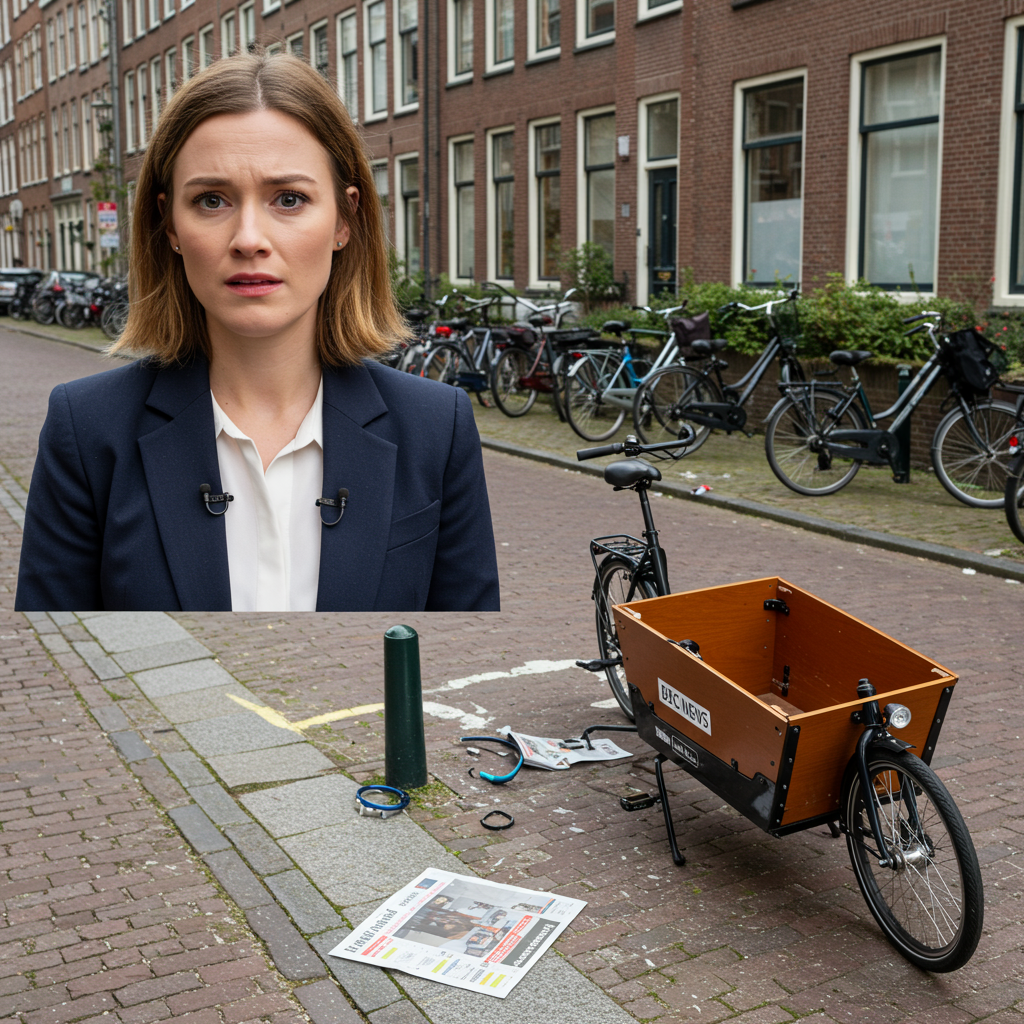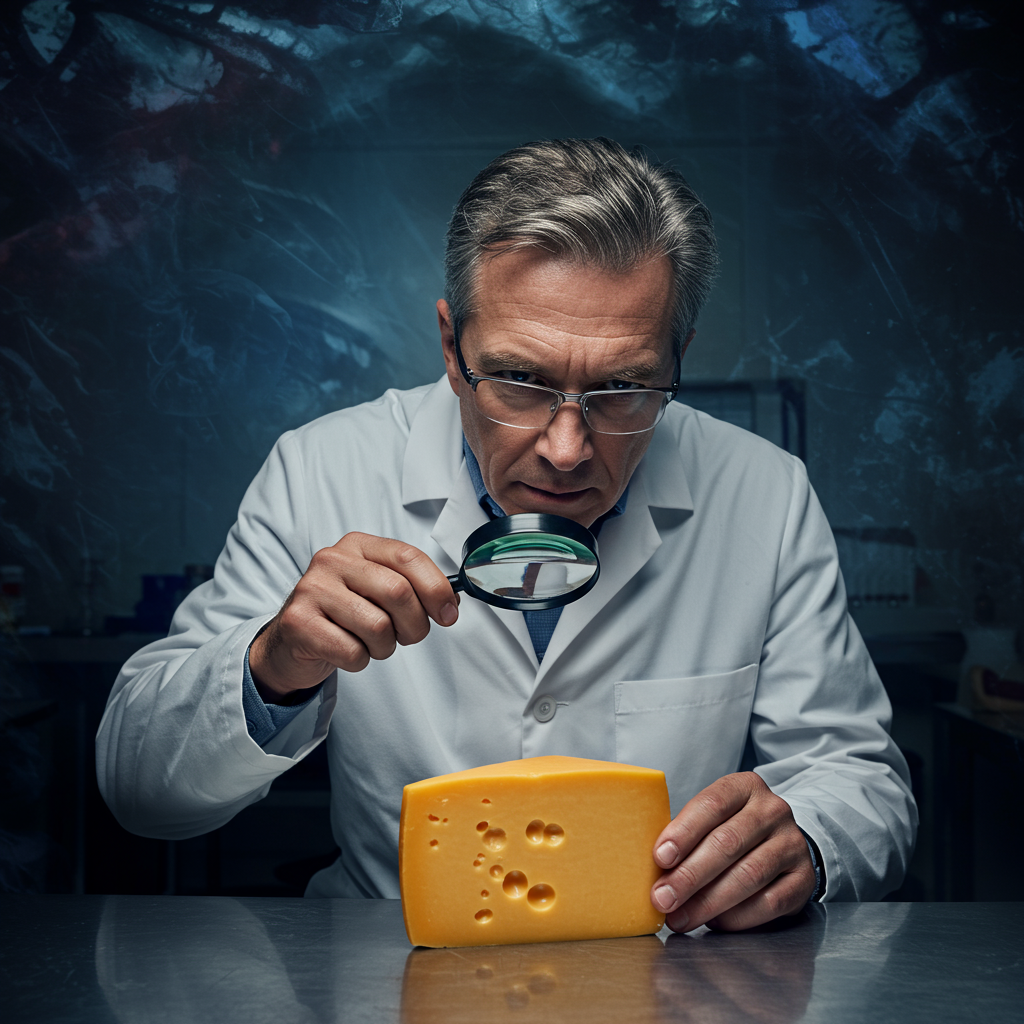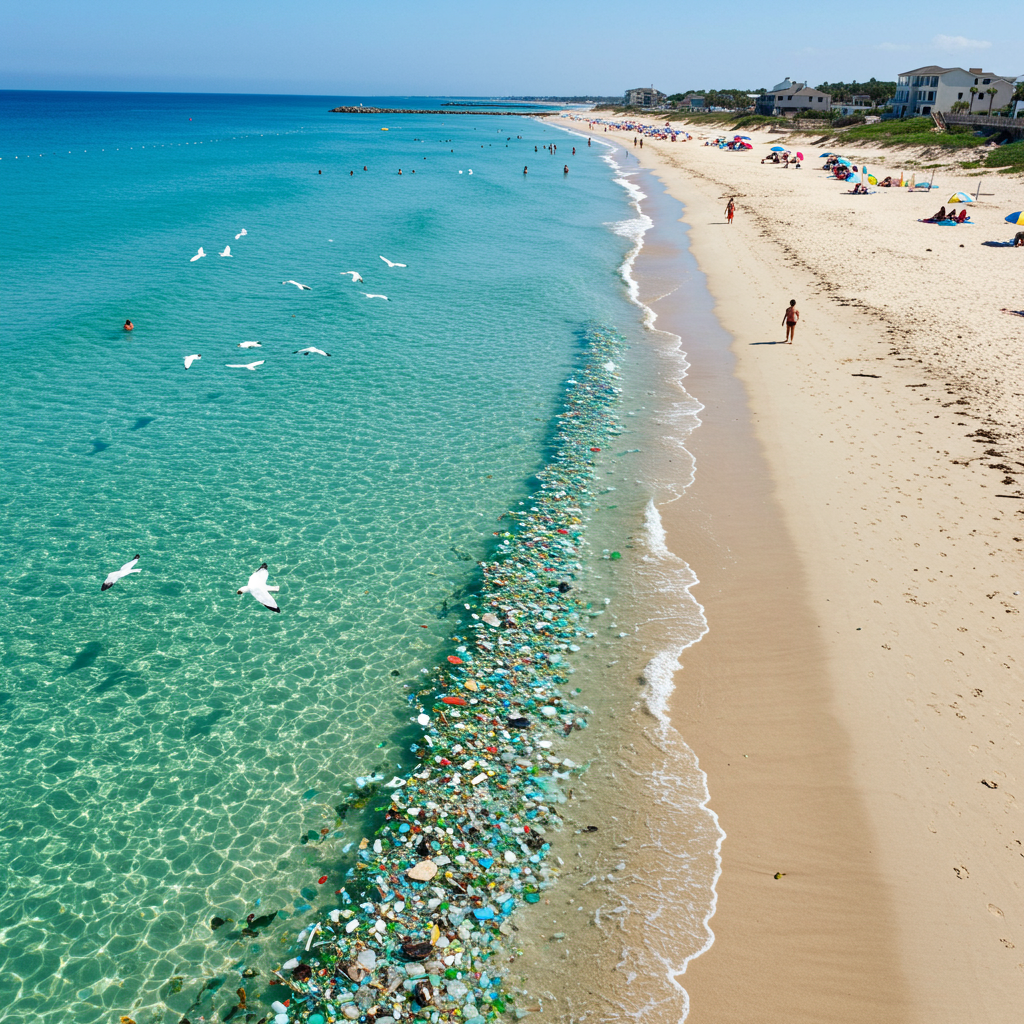Discovering my bike was gone felt like a physical blow. One moment I was packed and ready for an ordinary afternoon cycle in The Hague, the next I was staring at an empty space where my beloved cargo bike should have been. The heavy double lock anchoring it to the apartment wall lay mangled – hacked through. My daughter, initially thinking it had just been moved, darted between the other bikes, but the stark reality set in: it was gone.
Cycling isn’t just a hobby in the Netherlands; it’s deeply woven into the fabric of daily life, part of what locals call “Dutch DNA.” Without a car, my bike was my everything – the workhorse for the school run, grocery shopping, and navigating the city. But this wasn’t just any bike.
The Bike Bureau: A Studio on Two Wheels
Together with my colleague Kate Vandy, we transformed this ordinary e-cargo bike into something extraordinary: a fully functional, mobile broadcasting studio. We affectionately named it the “Bike Bureau.” This innovation allowed me to launch “Dutch News from the Cycle Path,” a reporting series sparked by my daughter asking, “Why don’t you just tell people the news now?” during our school commute.
The Bike Bureau was a game-changer. It offered unparalleled independence, allowing me to reach breaking news scenes and broadcast live directly from the saddle. It also visibly demonstrated that working motherhood isn’t hidden; it can be joyful, real, and integrated into daily life, often with my daughter right there beside me.
Beyond the personal, the Bike Bureau was a sustainable solution. Solar-powered, it eliminated the need for bulky, polluting satellite trucks and heavy equipment traditionally used for remote broadcasts. This aligned with growing audience interest, noted by research like that from the Reuters Institute for the Study of Journalism, showing people are particularly engaged by stories highlighting individuals taking empowering climate action. The Bike Bureau was that action.
Its unique approach resonated widely, opening doors to collaborations, leading to awards, and fostering a vibrant community of people who saw themselves and new possibilities reflected in our story. Colleagues hailed it – legendary BBC camerawoman Julie Ritson called it a potential “blueprint for the future of journalism.” Others saw it as a “relatable life-hack,” inspiring them to rethink what’s achievable with a cargo bike, especially in balancing career and family life.
The Harsh Reality of Bike Theft
Finding the empty space where the Bike Bureau had been was devastating. I reported the theft immediately, and police opened a case, but it was quickly closed due to a lack of evidence to trace the thief. While I have zero expectation of recovering it, the outpouring of support from my local community and online has been moving. Neighbours expressed concern, telling me how much they enjoyed seeing me use their bike lanes and experience their city from my perspective.
My daughter, grappling with the loss, asked why so many people cared about our stolen bike. It highlighted how the Bike Bureau had touched lives beyond our own.
Some reactions also revealed a common misconception, expressing surprise that “this kind of thing” happens in the Netherlands, often seen as a cycling utopia. The truth is far grittier: bike theft is unfortunately endemic here. Police figures show that over 86,000 bikes were reported stolen across the country last year alone. This figure is up by 1,000 from the previous year and 10,000 more than in 2022, although authorities suggest increased reporting may be a factor. Most stolen bikes are quickly stripped for parts or resold.
More Than Just Metal
My e-cargo bike was a significant personal investment, costing nearly €5,000 (£4,200) – more than the car I previously owned and sold. I personally funded the Bike Bureau, so the BBC incurred no financial loss from its theft.
The true cost wasn’t financial. What that bike really bought me was independence. Losing it truly feels like losing a friend. Beyond its professional function, that bike was central to my daughter’s childhood here, enabling countless magical, nature-filled adventures: picnics in the dunes, spontaneous detours to see highland cows, rides under fairy lights in winter, and breezy trips to the beach in summer. It shaped our life.
The theft has undeniably sparked conversations about urban safety, the adequacy of cycling infrastructure, and the invisible burdens many mothers still carry while juggling work and family. Yet, it also stands as a testament to the incredible community we’ve built and the power of sharing authentic stories, whether from a traditional studio or the seat of a solar-powered cargo bike.
While the physical Bike Bureau may be gone, the creativity and imagination it embodied, the connections it forged, and the inspiring stories it helped tell – those parts cannot be stolen.
References
- https://www.bbc.com/news/articles/c771v2y078po
- https://www.bbc.co.uk/news/articles/c771v2y078po
- https://heffernanm.substack.com/p/uncertainty-demands-imagination



